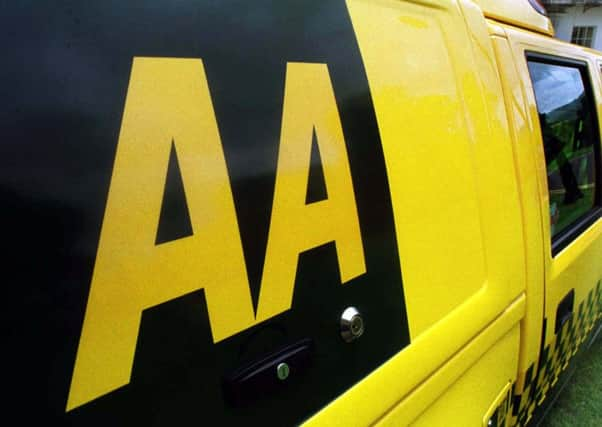Small investors blocked out of stock market flotations


Out of 72 flotations on the main market, nine were public offers, with the vast majority opting for a private placing to large institutional investors only, according to a study by Hargreaves Lansdown.
The findings come as City watchdog the Financial Conduct Authority (FCA) launches a crackdown on anti-competitive behaviour by investment banks in the flotation process. The FCA also announced a raft of proposals last month to improve the way initial public offerings (IPOs) are marketed. But reviewing the decision to go public is outside the scope of the FCA probe.
Advertisement
Hide AdAdvertisement
Hide AdLaith Khalaf, senior analyst at Hargreaves Lansdown, said retail investors are being put at a disadvantage when they are not able to buy shares ahead of a stock market listing, while companies are also “missing a trick”. “Most of the IPOs hitting the UK stock market get gobbled up by the big institutions, but there are clear benefits to both private investors and the company which is floating to making a public offer of shares,” he said.
Recent flotations that sidelined retail investors include the AA, car sales website Autotrader, online takeaway business Just Eat, challenger bank Virgin Money and property website Zoopla.
Flotations encourage arm-chair investors to save and invest in the stock market, while buying shares at an IPO means they also avoid paying stamp duty at 0.5 per cent.
Previous high-profile public IPOs, such as the Tell Sid campaign when British Gas was privatised in the 1980s, and more recently the flotation of Royal Mail, encouraged many first-time retail investors to buy shares and offered decent returns. It is also a way for companies to raise brand awareness and diversify their shareholder base, as retail investors will not all sell at once. Shareholders also make good customers, according to Hargreaves Lansdown, which said its previous research found investors were almost twice as likely to be customers than non-shareholders.
Khalaf added: “The very low proportion of companies raising money from private investors suggests this option may not be getting the consideration it deserves, particularly from those consumer brands which stand to gain both shareholders and customers from a public float.”
He said there was a “misconception” that public offers are unwieldy and involve lots of paperwork, and noted that online applications have made the process much more straightforward.
Firms may also be put off public IPOs due to rules requiring them to issue an approved prospectus earlier. The FCA has said it would be concerned if “decisions on whether to include a retail element were to be prejudiced by a desire to avoid publishing the approved prospectus”.